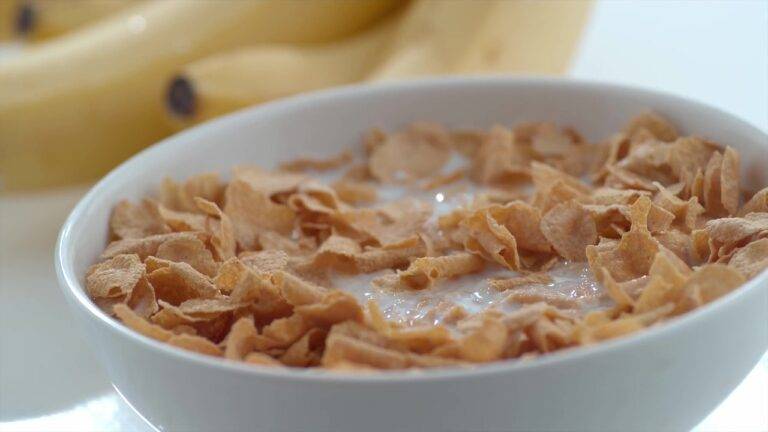The Nutritional Profile of Olive Oil: Betbhai9.com whatsapp number, Playexch app, Lotus 365 login
betbhai9.com whatsapp number, playexch app, lotus 365 login: Olive oil is a staple in many kitchens around the world, known for its rich flavor and potential health benefits. But what exactly is the nutritional profile of olive oil? Let’s dive into the details to understand why this oil is considered a nutritional powerhouse.
The nutritional content of olive oil can vary depending on the variety and quality of the oil. However, in general, olive oil is rich in monounsaturated fats, particularly oleic acid, which is known for its heart-healthy properties. It also contains antioxidants, such as vitamin E and phenolic compounds, which have been linked to various health benefits.
Here is a breakdown of the key nutrients found in olive oil:
1. Monounsaturated fats: Olive oil is primarily composed of monounsaturated fats, which have been shown to help lower LDL (bad) cholesterol levels and reduce the risk of heart disease.
2. Vitamin E: Olive oil is a good source of vitamin E, a powerful antioxidant that helps protect cells from damage caused by free radicals.
3. Phenolic compounds: Olive oil contains a variety of phenolic compounds, including oleocanthal and oleuropein, which have anti-inflammatory and antioxidant properties.
4. Vitamin K: Olive oil is also a good source of vitamin K, which is essential for blood clotting and bone health.
5. Squalene: Olive oil contains squalene, a compound that has been shown to have anti-cancer properties and may help protect against UV damage.
6. Plant sterols: Olive oil contains plant sterols, which can help lower cholesterol levels and reduce the risk of heart disease.
In addition to these key nutrients, olive oil is also a calorie-dense food, with 1 tablespoon of olive oil containing around 120 calories. While it is high in calories, research suggests that the monounsaturated fats in olive oil may actually help with weight management by increasing feelings of fullness and promoting satiety.
Overall, the nutritional profile of olive oil makes it a healthy choice for cooking and dressing salads. However, it is important to consume it in moderation, as excessive intake of any type of oil can lead to weight gain and other health issues.
Here are some tips for incorporating olive oil into your diet:
– Use olive oil for saut驮g vegetables or frying eggs instead of butter or vegetable oils.
– Drizzle olive oil over salads or cooked dishes for added flavor and nutrients.
– Use olive oil as a base for homemade salad dressings or marinades.
In conclusion, olive oil is a nutrient-rich oil that offers a range of health benefits, from supporting heart health to providing antioxidants. By incorporating olive oil into your diet in moderation, you can enjoy its delicious flavor and reap the nutritional rewards.
FAQs:
Q: Can olive oil be used for high-heat cooking?
A: While olive oil has a relatively high smoke point, it is best to use it for low to medium-heat cooking. For high-heat cooking, such as frying, it is recommended to use oils with a higher smoke point, such as avocado oil.
Q: Is there a difference between extra virgin and regular olive oil?
A: Extra virgin olive oil is made from the first pressing of olives and is considered to be the highest quality olive oil, with a more robust flavor and higher levels of antioxidants. Regular olive oil, on the other hand, is a blend of refined and virgin olive oils and has a milder flavor.
Q: How should olive oil be stored?
A: Olive oil should be stored in a cool, dark place away from heat and light to prevent oxidation. It is best to use olive oil within a few months of opening to ensure freshness and quality.







